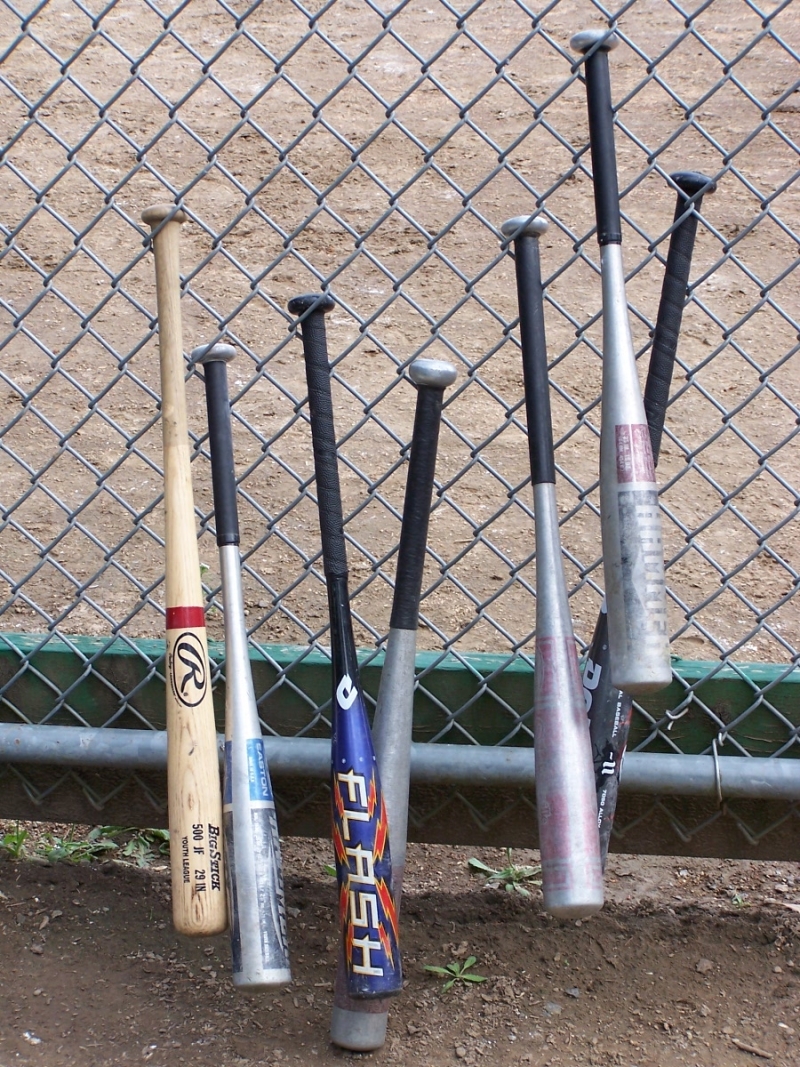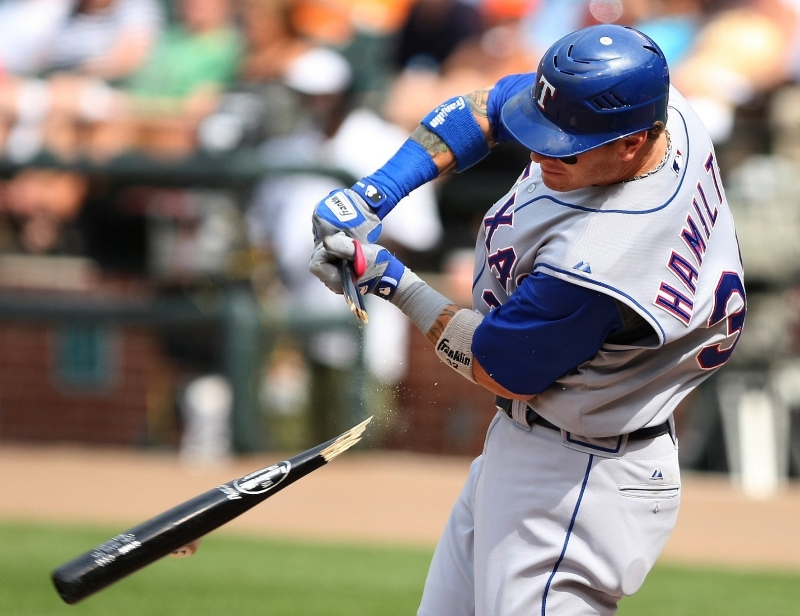Bat Selection
It would be nice that there was one equation to decide for each of us what the perfect baseball bat would be. A formula that takes into consideration the basic statistics of height, age, skill level and strength.
Fortunately we are all unique, my hand is similar but not exact to your hand. The power in my grip is better than some and worse than others. If everyone who played baseball was batting 750 or better, the game just would not be the heart wrenching, nail biting experience that it is.
Little League baseball, College or Professional, the perfect baseball bat is a personal decision based upon experience. Tailoring to players needs, desire and level of play, technology has evolved to create bats that deliver peak performance not only in the basic mechanics of hitting a baseball but also fitting the player to enhance their ability to strike the ball.
In the beginning of the sport, batters made their own bats. Every species and shape brought to the diamond was done by hand with the singular goal of having the most reliable hitter on the field. The round barrel quickly took the lead as the most appropriate form as it proved to remain in tact longer and the ball tended to stay in bounds more often.
Imagine hitting a baseball with a whittled down 2 by 4. Lots of large surface area to strike with, but off the top third or bottom third, the ball would go almost no where. An easy out for the defense.
Round has been in use for over 150 years as the shape of choice. With all the modern advances in materials, composition and machining, the round shape wins.
Baseball bat selection is an ongoing process that changes with the players age, skill and strength. Younger players actually have less time to bring the bat around then their older counterparts as the decision to swing takes longer. Where Older players will commit to a swing mid way through the ball flight from the mound to the plate. Younger players in their ever mindful desire please the coach and swing only at strikes generally do not make the commitment until the ball is two thirds the way to the plate.
To select the right bat, first it must be comfortable and feel right in your hands. The weight must be right so that it will not throw you off balance at the end of the swing from being too heavy, or so light that you whip it around too easily and must restrain your efforts to meet up with the ball.
The well publicized Barry Bonds length of preference is 34 inches; Ty Cobb 34.5 inches, Hank Aaron 35 inches. Here is a great example of personal bat choices. Bonds, likely the larger and stronger of the three chooses the shortest bat.
For younger players, using one of the numerous bat charts is a great place to start. Even through early teens, these charts are useful to check that your player is not getting too far away from accepted sizes.
When selecting a baseball bat in the store, keep in mind that the aisle you are inspecting it in is in no way the experience you will have at the plate. Best results on picking out a bat is at the ball field. Players will generally allow teammates to try their bats.
With prices upwards of $400, beginning and intermediate players should not feel pressured to buy the latest and greatest. Many similar bats are available at attractive prices from the discount retailers. There are many players with impressive batting averages utilizing discount equipment. Often it is the top of the line model from a few years earlier.
Looking cool at the plate with a large bat with intense graphics is not nearly as awesome as hitting the ball and getting on base so often that the other teams recognize you as a threat. Yes, size matters, the right size and weight. Use what works for you and do not be afraid to go down a size to go up in your stats.




